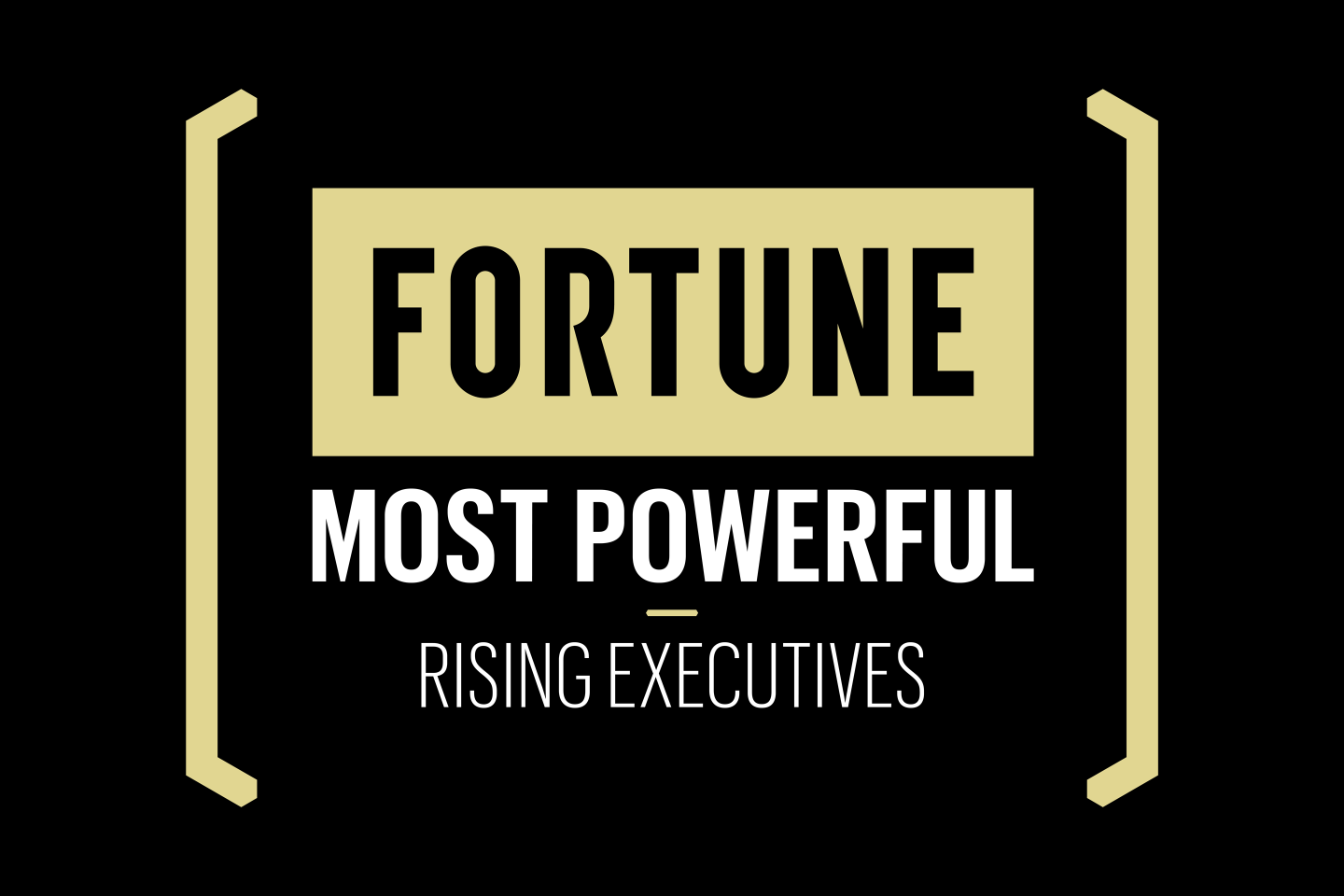The decisions made by chief executives have profound effects on the economy, the job market, and the products and services people rely on daily.
A strong CEO can steer a company toward innovation, growth, and stability, creating opportunities and contributing to local and national economies. Poor leadership, on the other hand, can result in job loss, economic downturn, and the decline of essential industries. For publicly traded companies, the CEO’s performance directly influences stock prices, often affecting the retirement savings and investments of millions of people.
Ultimately, a chief executive shapes the very success of companies that underpin the economy and touch nearly every aspect of American life. And it’s why CEO appointments should not be taken lightly.
This morning, my colleagues and I published Fortune Next To Lead: The 25 Most Powerful Rising Executives in the Fortune 500.
The list recognizes leaders who have demonstrated extraordinary potential to shape the future of business and emerge as the next generation of Fortune 500 CEOs. Fortune evaluated candidates through in-depth reporting and insights from executive search firms, recruiters, management consulting firms, current and former CEOs, and board members, particularly those on an executive committee.

They were assessed on their roles, financial and business performance, industry influence, and social impact, among other factors.
To qualify, candidates needed to be employed at a Fortune 500 company, reflecting a strong preference for internal promotions, as evidenced by the fact that around 80% of Fortune 500 companies and 77% of S&P 500 companies appointed internal CEOs this year.
Those on the debut MPRE list represent a range of industries but have some commonalities.
1. Most have technical expertise, including those who aren’t in tech-first roles like Leah Anderson, who leads WinField United, the crop inputs business at Land O’Lakes and its largest division. Her team is developing and training an AI tool to help farmers drive the most profitable outcome based on decades of agricultural data.
2. They have massive profit-and-loss responsibilities and have spearheaded major deals, such as Jennifer Taubert, head of Johnson & Johnson’s $54 billion pharmaceuticals division, and Amazon Web Services’ Uwem Ukpong, who played a pivotal role in Baker Hughes’ $32 billion merger with GE’s oil and gas division before joining AWS.
3. They also have global experience, exemplified by Best Buy’s Damien Harmon, who contributed to the company’s expansion into Turkey and China.
Most importantly, they lead divisions at companies and in industries undergoing significant transformation.
In exhaustive interviews to determine who should be on the list, I spoke with Rick Western, CEO of the management strategy firm Kotter. He pointed to energy, tech, health care, and financial services as industries most likely to produce the next generation of CEOs over the following decade. Many agreed, and those sectors are all prominently featured on the list.
“Look at the areas where the world is going to change the most dramatically over the next five to 10 years, and that is where you are most likely to spot the next Steve Jobs or whomever else you believe was a real [CEO] icon,” Western told me. “It’s going to be because those leaders positioned themselves to solve very significant problems for the world and humanity.”
Ruth Umoh
ruth.umoh@fortune.com
Today’s newsletter was curated by Natalie McCormick.
Corner office compass
Check out the Fortune Next to Lead playbook, dissecting the key skills, experiences, and traits aspiring leaders need to reach the CEO position at Fortune 500 companies.
Wunderkinds. From Red Lobster to Starbucks: How ‘CEO sprinters’ reach the corner office in record time
Corner climb. Job-hopping vs. staying at one company: What’s the best route to the corner office?
Make or break. Aspiring CEOs must quickly develop this new set of skills in ‘reinvent or die’ era
Self reflect. Think you have what it takes to be CEO? Here’s what top executive search firms look for
Take note
“We've moved past the era where there was a formula, and checking all the boxes meant you were ready to be a CEO.” —German Herrera, Egon Zehnder U.S.
News to know
During a Monday visit with President-elect Donald Trump at Mar-a-Lago, Softbank CEO Masayoshi Son announced a $100 billion investment in the U.S. over four years, aiming to create at least 100,000 jobs related to AI and infrastructure. CNBC
The former CEO of Stellantis characterized his departure as a mutual decision to “protect the company” due to strategic misalignment. But insiders have labeled him a “stubborn figure” overly fixated on cost-cutting. Fortune
Following the murder of UnitedHealthcare’s CEO, chief executives of large companies expressed concerns about online vitriol, copycat attacks, and the need for enhanced security measures. Fortune
TikTok has petitioned the Supreme Court to block a law that would ban the app in the U.S., claiming it violates its First Amendment rights and those of its 170 million American users. NYT
Marc Rowan has transformed Apollo Global Management into a $700 billion asset manager during his tenure as CEO, but questions about succession planning and the lack of a clear leadership transition have arisen after his consideration for a Treasury secretary role. WSJ












